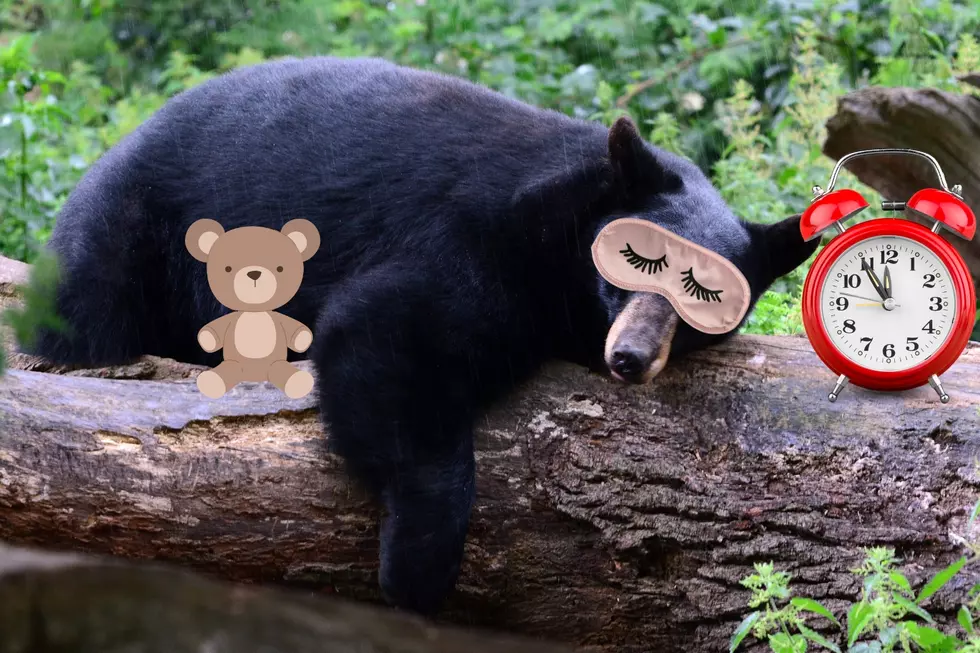
The SouthCoast Could See Even More Black Bears in 2024
It’s safe to say 2023 was the Year of the Bear across the SouthCoast, and 2024 is shaping up to be just as active.
Last year, black bears were spotted in New Bedford, Fall River, Dartmouth, Acushnet, Wareham and other local communities. A bear was captured on video taking a swim in Sippican Harbor in Marion and a bear even crashed a bridal shower in Carver.
Initially, wildlife experts thought it was one bear roaming around looking for a mate, but it became clear after a while that there were multiple bears across the SouthCoast.

Dave Wattles, Black Bear & Furbearer Biologist for the Massachusetts Division of Fisheries & Wildlife, told us the day was coming soon when black bears would make their permanent homes on the SouthCoast.
It appears that day has come.
“Based on reports, there was at least one bear that likely denned in southeast Massachusetts and (we) anticipate that bear will be active in the region this spring and summer,” Wattles told WBSM this morning.
“Additionally, each of the last several years we have had different bears moving through portions of southeast Massachusetts, so we anticipate that will be the case again this year,” he said.
According to MassWildlife, March is the month when black bears begin to emerge from their dens after their winter hibernation – and they are hungry.
“After not having eaten for several months, they are driven to find food,” Wattles said. “Spring foods are relatively scarce, so bears tend to take advantage of human-associated foods where they are available.”
With that in mind, MassWildlife is asking residents to take some precautions to limit food sources for bears around their homes and businesses.
“Remove bird feeders and do not put them back up, secure garbage and compost, and practice good livestock husbandry including using electric fencing for bees, chickens, and small livestock,” Wattles said. “Electric fencing is key to preventing conflict with bears. All of these tips are in the public’s and the bear’s best interest.”
Wattles also wanted to reiterate something he’s been telling us since last year – if black bears are here to stay, people need to learn to live along with them.
“As people saw last year, the mere presence of a bear in the region, in neighborhoods, etc. is not a public safety threat,” he said. “Removing food sources and giving the bear space if it shows up in your community is key to preventing conflict.”
LOOK: Here are the states where you are most likely to hit an animal
Gallery Credit: Dom DiFurio & Jacob Osborn
States with the most registered hunters
Gallery Credit: Meagan Drillinger
WATCH OUT: These are the deadliest animals in the world
More From WFHN-FM/FUN 107









